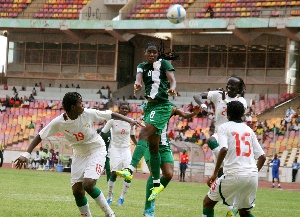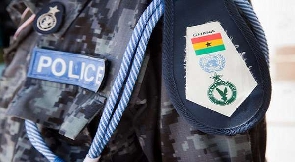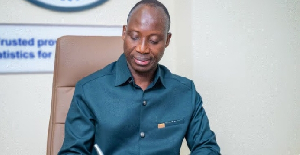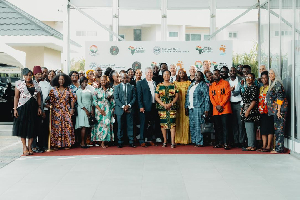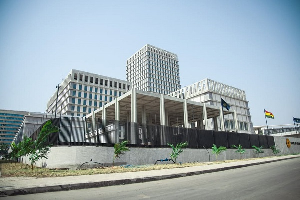Seven months ago, the 12th African Women's Nations Cup took place in Cameroon. The women's game appeared to have made a huge leap on the pitch, but with prize money negligible, the players are still competing for little more than pride.
African players are still facing stigma and misogynistic abuse. Players abandon the African leagues for overseas’ clubs owing to cultural factors and neglect, and that “the problem is lack of sponsorship, motivation, poor welfare, and belief that we can never make a difference with our talents,” says Tobiloba Windapo, an Equatorial Guinea International based in Nigeria.
African female sides hardly attend local, let alone international, friendlies due to lack of funds, and it's little wonder that many ultimately fail to impress at major tournaments. The decline has had its consequences, with a drop in participating nations - from 24 to 19 - for the U20 Women’s World Cup qualifiers this term.
The participants of the African Women’s Nations Cup in Ghana gets a paltry $250,000 – in contrast to the $16,400,000 the men’s winners will receive for the next Afcon in Cameroon in 2019.
It's an ugly trend which, as South Africa’s Hilton Fran Smith told Goal, could be best fixed by “making it a [yearly] event, not every two years, and the organising of the women's club championship - where the best clubs in each country can compete like the men's [Caf Confederation Cup and Caf Champions League] - for attractive prize money.
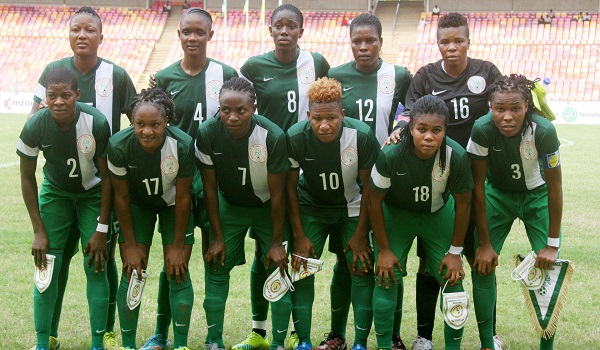
“Fifa gives Caf a lot of money for the development of women's football which should be used to support national teams, national leagues, and continental women championships.”
Seconding Smith, Nigeria Women Football League chairperson Aisha Falode told Goal that Africa's football organising body must fulfill their broader responsibilities towards the women's game.
"Caf can greatly help the women’s game by creating a distinctive version of Africa’s U17 and U20 tournaments - as is the case with the men’s - and [there must be an] expansion of the Awcon beyond the present eight-team tournament.
"Caf must work hard to reverse the trend that has seen no African country host a Women's World Cup at any level to date, and we are the only continent without any age-grade championships for women."
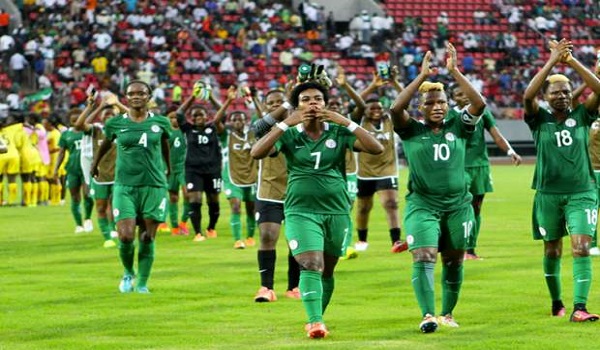
In addition to the shortage of investment, alleged looting at the FA level also appears to be a problem.
The state of grassroots football is nothing to write home about, with a Cameroonian magazine - to cite one example - arguing that the stagnation of their women's game was due to internal wrangling within Fecafoot officials over the use of Fifa's $250,000 (120 million CFA) annual grant.
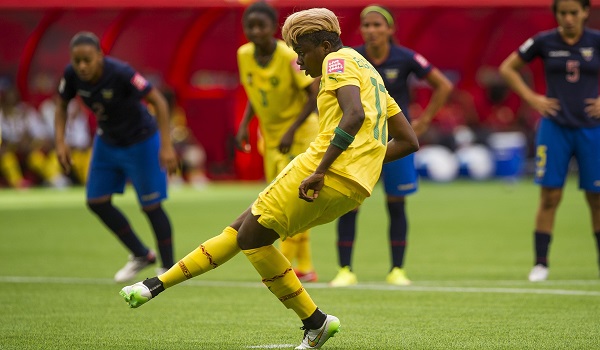
Like Cameroon, Nigeria, considered to be the destination for players in the sub-Saharan region, has endured years of financial starvation over the last decade.
This is one major reason for the decline of the women's game in Nigeria, as a "lack of appropriate funding and sponsorship appear to be at the heart of the impediments to run a virile women’s league in the country," added Falode.
There is one ray of hope on the horizon, however, with Falode's board recently securing 10-million naira's worth of Aiteo sponsorship for the women's Federation Cup
"Transparency and proper process, as well as well-defined league calendar and structure, are now in place and we're convinced that, with sponsors, the league’s rebirth will be completed."
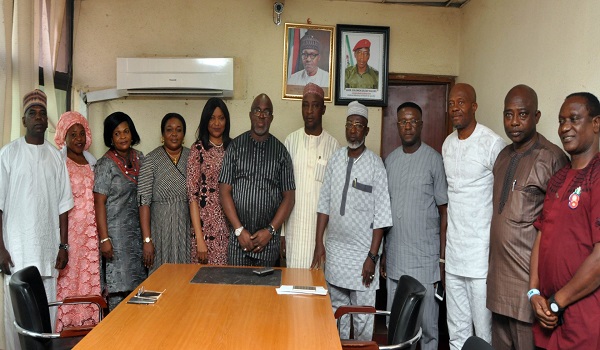
Likewise, Isha Johansen, Sierra Leone FA president and chairperson for Africa women’s football committee, is leading by example.
Apart from reviving the neglected age-grade national teams and domestic league, she has pledged to lead the campaign for gender equality on the continent.
Like Lewes FC of England, Johansen, the only female Caf executive member, is fast banishing gender inequality by disbursing 30million leone to each regional FA for the inauguration of a regional women football league.
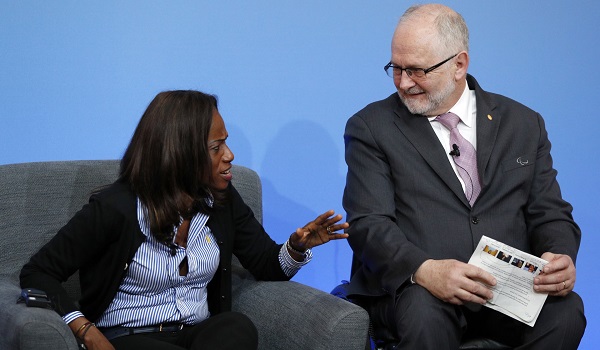
“[I want] to use the next few years to actually place women at the forefront of decision-making in the game, in a manner that will acknowledge the impact and potential that women have," Johansen said during the 2017 International Women’s Day. "I want to pioneer that voice.
“Fifa has given us a voice. Caf is giving us a voice. A voice is good, but an effective, meaningful voice is what I crave," she added. "Isha Johansen stands for a loud voice for the interests of women en route to building a veritable football culture in Africa.”
Ultimately, as some of the aforementioned figureheads demonstrate, women's football stakeholders ultimately desire respect, more sponsorship and key administrative roles from Africa's patriarchal continental and national football bodies.
Sports News of Thursday, 20 July 2017
Source: goal.com

